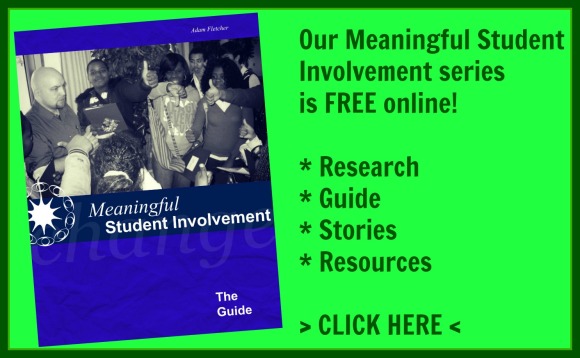Focusing on each student’s interests, abilities, and learning styles, student centered learning can reposition classroom relationships as student/adult partnerships. This happens when students are taught, positioned and sustained to successfully choose what they will learn, how they will learn, and how they will assess their own learning.
Attributes
When compared to traditional classrooms, student centered classrooms have several different attributes. They include:
- Personalization: Through deliberate approaches to teaching, various methods and intentional processes throughout learning classrooms meet student needs directly.
- Interactive environment: Students know and expect to have consistently hands-on, interactive learning experiences in every learning area.
- Student-driven learning: Working with teachers as learning facilitators, students identify what they want to learn, learn how they learn best, identify learning goals from their time, and take action.
- Student-centered assessments: Focused on identifying how students learn best, student-centered assessments can include portfolios, self-assessments, peer assessments and more.
- Knowledge-creation: Rather than banking education, learning in student-centered classrooms is focused on students creating new knowledge in addition to learning previous outcomes.
- Student engagement: Building sustained connections within students is a key to ownership, agency and outcomes.
Student centered classrooms don’t have to force teachers to choose compliance over learning. Instead, they allow students to assume an appropriate amount of authority in relationship to the responsibilities they fulfill. There are many configurations learning can have, including group work and solo time, teaching styles and approaches to assessment. Because personalization is key to student centered classrooms, the engagement styles of students become central to teaching and learning, and student agency and motivation become key to academic success.
Related Content
Elsewhere Online
- Jones, L. (2007) The Student-Centered Classroom. Cambridge, UK: Cambridge University Press.
- McClure, L. and Jones, Makeba. (2013) Personalization in Schools. Boston, MA: Jobs for the Future.
- Students At the Center Hub

